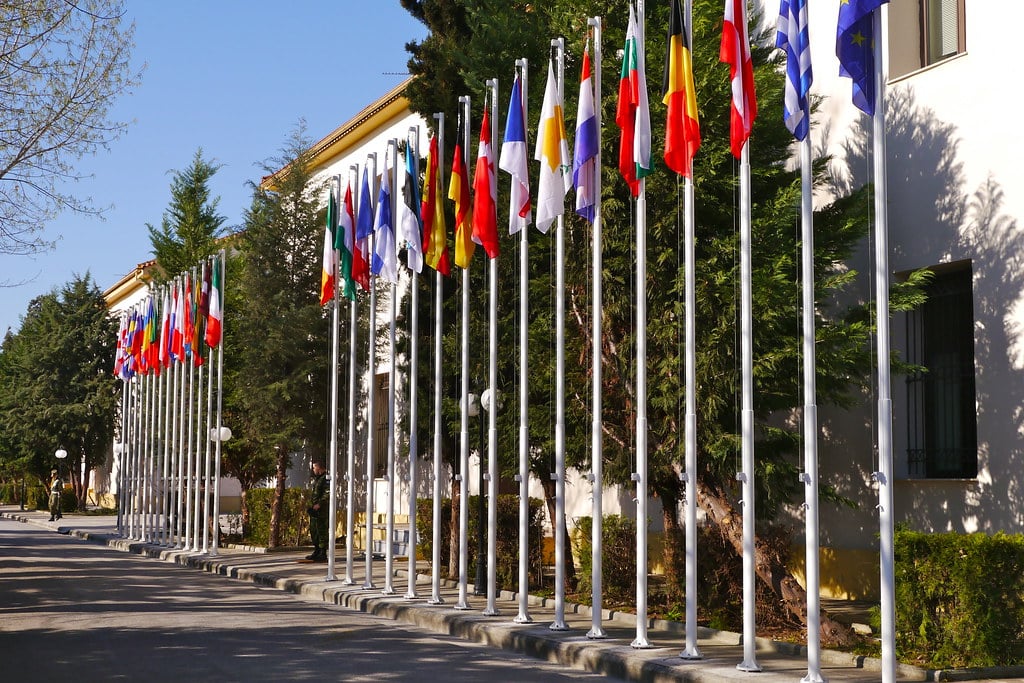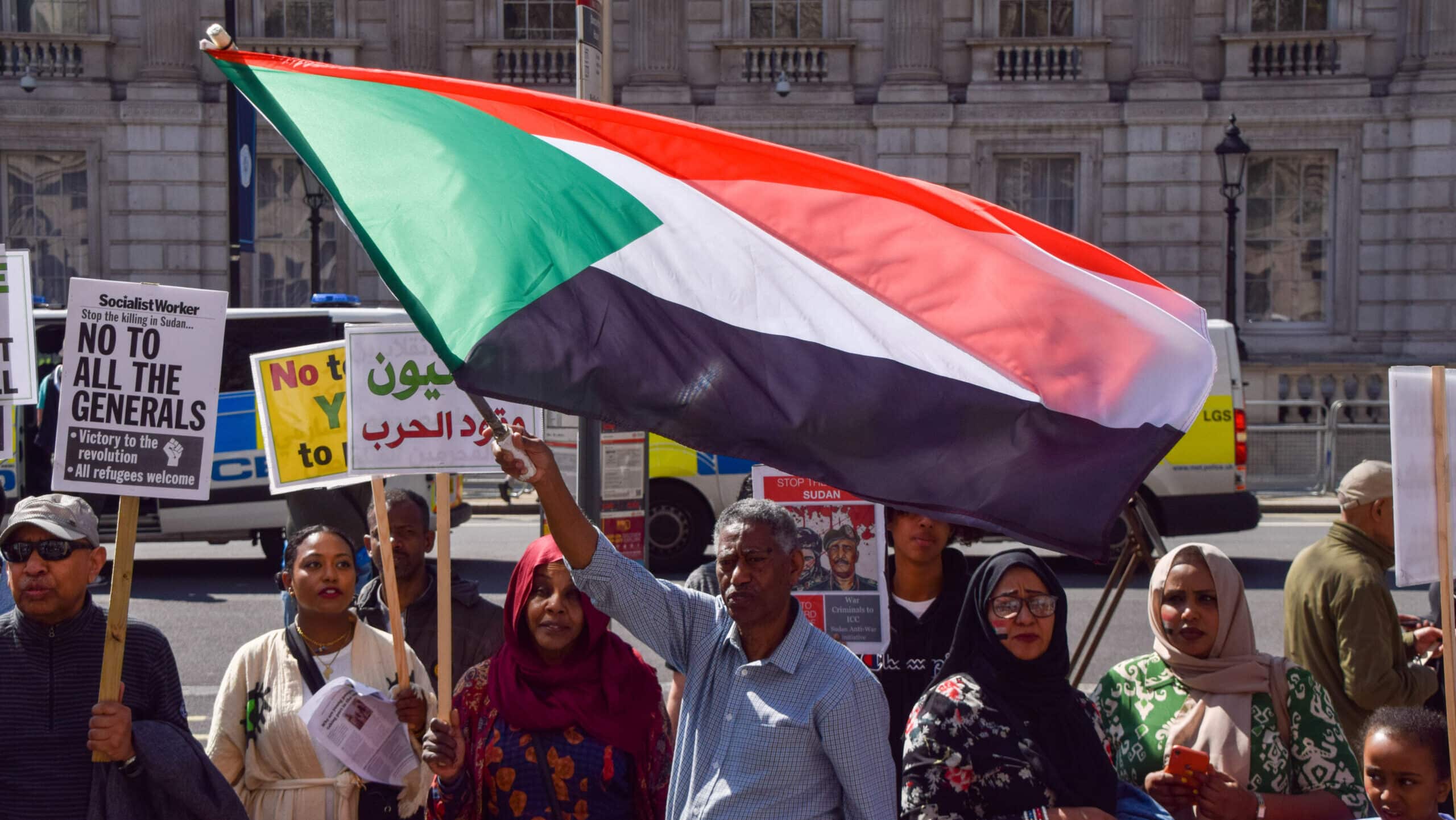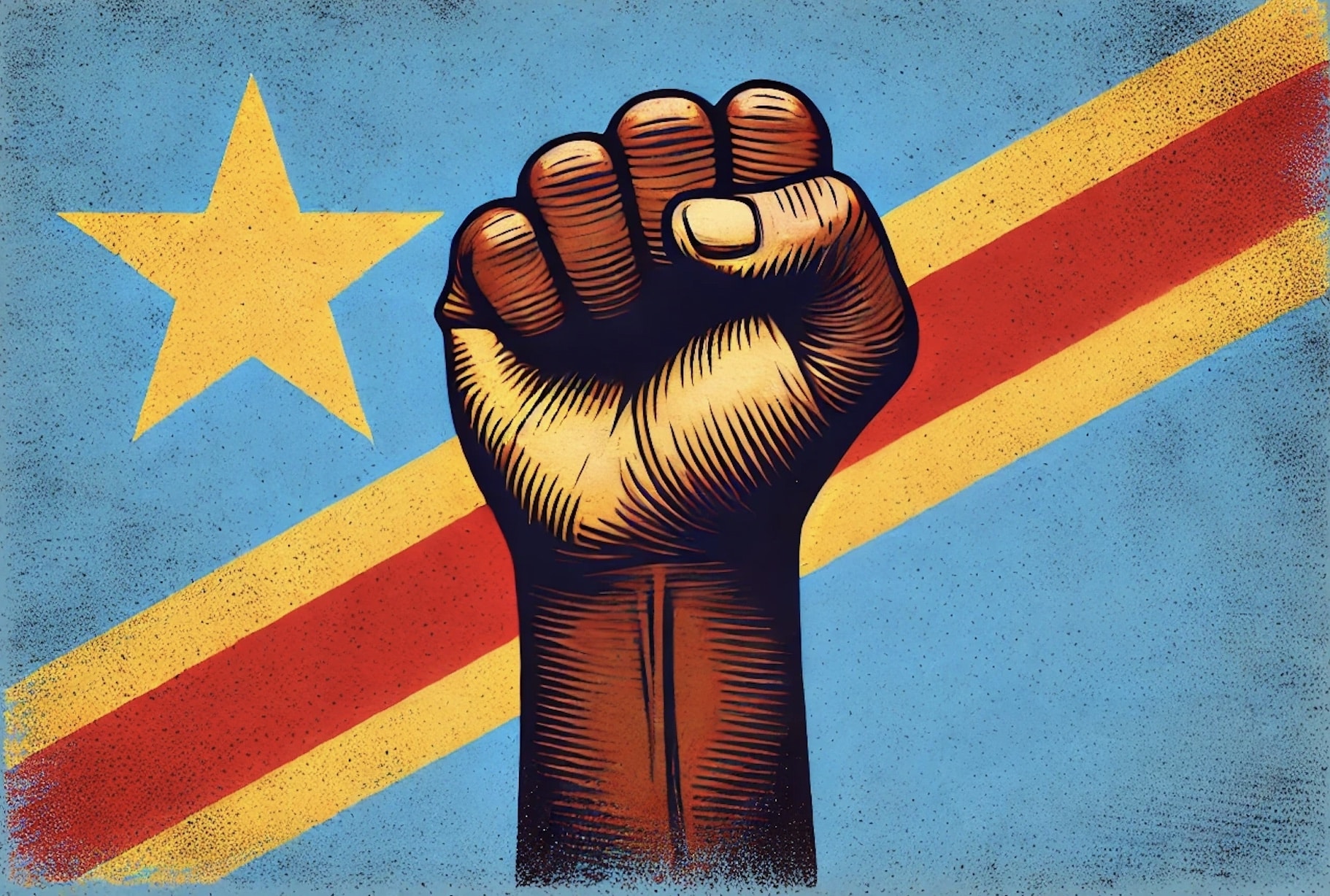Last October 24, the 30th anniversary of the High Commissioner on National Minorities (HCNM) takes place - an institute under the Organisation for Security and Cooperation in Europe (OSCE). The HCNM's main role is to identify and address tensions involving national minorities that could develop into a conflict. Its initiator and first High Commissioner is none other than Max van der Stoel, whose name was frequently mentioned during the day. Guests from participating countries were present to listen to relevant speakers and fruitful panel discussions. Of course, as FMS, we could not miss this festive event.
Celebration and reflection
The slogan of the celebration was "Integration with respect for diversity". The establishment of the HCNM is directly linked to the turbulent world of the 1990s. Ethnic conflicts in Europe since the fall of the wall were reason to pay more attention to national minorities. Indeed, a situation where national minorities do not participate in society is fertile ground for tensions and potential conflict. Van der Stoel's name and commitment were praised, his diplomatic skills would prove very effective and thorough. The Netherlands and particularly The Hague were thanked for facilitating a venue for this branch of the OSCE. Resources were limited and demand was high, but Van der Stoel succeeded in establishing a solid foundation that has been built on for 30 years. In-depth expertise in cases and contexts are the basis for the HCNM's success.
"Two things have always fascinated me even when I was a young boy - human rights and peacekeeping. These two interests somehow meet in this job. That's what made it such a fascinating job for me" - Max van der Stoel
Besides all the praise, there was also room for reflection. Gender issues have received more attention over the years. The focus of the discussion was on the role of women in both conflict prevention and conflict resolution. Intersectionality was mentioned with regularity, but practical pointers were lacking. It was also noted that the focus of minority participation is mostly on the public domain and the responsibility is placed on the state, but it is also precisely companies that can play a major role in effective minority participation. For instance, the responsibility of equal labour rights lies with companies. Not only in social but also economic terms, taking minorities on board is important to avoid conflict.
Importance of conflictprevention
The basis of conflict prevention consists of a politico-military dimension and a humane dimension. The two are brought together in the HCNM. It is an institution based on non-negotiable rights - rights that must be guaranteed to ensure security and prevent military intervention. National minorities lead the most in this troubled world. The importance of human rights was hugely emphasised. Indeed, human rights are what make a sustainable society possible. Human rights are the best tool to prevent conflict. Minority rights also fall under this and should be high on the agenda. Consider, for example, citizenship denial. Statelessness is a situation that can degenerate into conflict. Legal recognition and equal treatment of national minorities is therefore one of the tools that can prevent potential conflict.
The HCNM's mandate over the years was also discussed. The turbulent times in the Balkans in the 1990s gave a strong mandate to the HCNM's idea of engaging national minorities in society. The mandate focuses, for instance, on education and other public goods like health care and public housing - areas in which the importance of minority rights can be reflected and explained. Results of conflict prevention are difficult to measure precisely because - if successful - conflicts are averted. This puts some pressure on HCNM's mandate, but the importance of solidarity in society and prevention remain undiminished.

Effective participation of national minorities
The 10e publication of guidelines was presented and discussed at length; Recommendations on the Effective Participation of National Minorities in Social and Economic Life forms the basis for the HCNM and its policies. There is more intrastate conflict in the world than ever before. Grievances towards the government and among themselves between population groups are one of the reasons for developing conflict. Conflict prevention is then of undiminished importance and this can be achieved through participation of national minorities. Thus, unnecessary suffering can be avoided. By effective participation of national minorities in social and economic terms, you take away the reasons through which grievances can arise that can lead to conflict. The guidelines dictate that continuous engagement is required - as history has shown that 'imposing' a solution does not lead to the desired results. Values must be grounded in society to bear fruit.
Prevention is better than cure and this is what the HCNM has been working tirelessly for for 30 years. As a foundation, we proudly bear the name of the initiator of all this; Max van der Stoel. Want to know more about this relevant institution? Go to the website of the HCNM.





